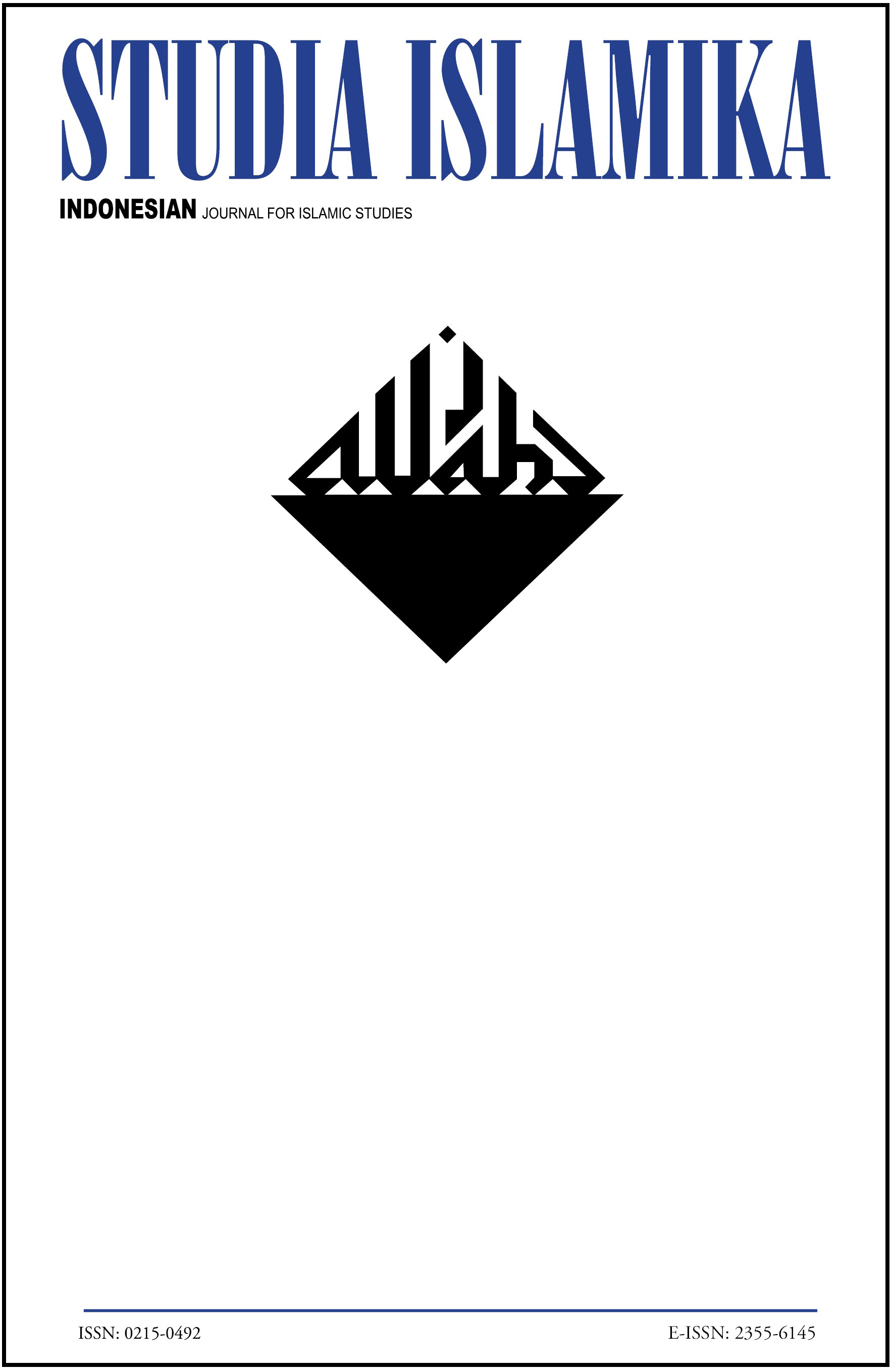Abstract
This paper by and large explores state-society relations and for the most part discusses the Indonesian government’s plans to ‘modernize’ Madura during the New Order administration and how a number of kyai responded to these plans. Specifically, it is concerned with a conflict between the state and the kyai in the Suramadu Bridge Affair, particularly in the rejection of the industrialization scheme by the Kyai of Bassra. An obvious aspect that can be highlighted from the conflict is the inability of state officials, especially at regional levels, to cope with the high expectations of the central government. Another central aspect underlined is the undemocratic approach of the government towards the implementation of its plans. The government’s plans to ‘modernize’ Madura eventually created resistance among some segments in society, and they made use of, among other things, Islamic symbols in resisting the government’s plans.DOI: 10.15408/sdi.v22i2.1919Authors who publish with this journal agree to the following terms:
- Authors retain copyright and grant the journal right of first publication with the work simultaneously licensed under a Creative Commons Attribution License that allows others to share the work with an acknowledgement of the work's authorship and initial publication in this journal.
- Authors are able to enter into separate, additional contractual arrangements for the non-exclusive distribution of the journal's published version of the work (e.g., post it to an institutional repository or publish it in a book), with an acknowledgement of its initial publication in this journal.
- Authors are permitted and encouraged to post their work online (e.g., in institutional repositories or on their website) prior to and during the submission process, as it can lead to productive exchanges, as well as earlier and greater citation of published work.
Downloads
Download data is not yet available.

